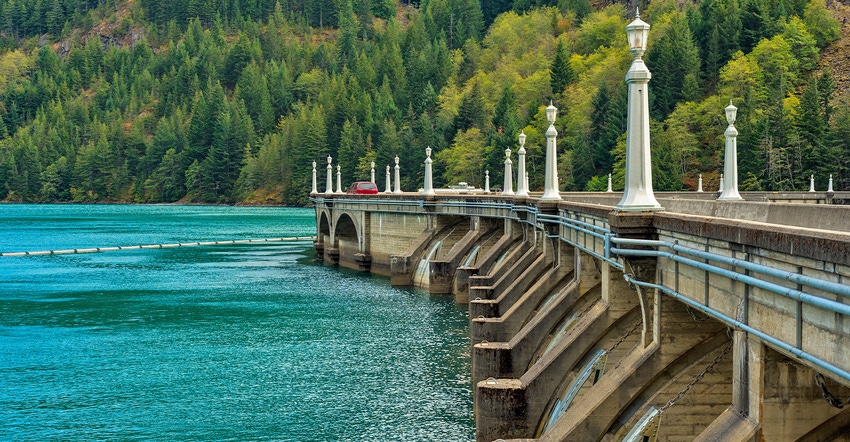January 22, 2020

The White House Council on Environmental Quality (CEQ) earlier this month released its proposed rule modernizing the National Environmental Policy Act. The draft rule intends to facilitate more efficient, effective and timely environmental reviews.
NEPA, which turns 50 this year, mandates that federal agencies assess the environmental impacts of proposed federal actions. One of the key provisions of the proposed rule would end the consideration of “cumulative” environmental impacts, which include climate change.
Predictably, litigious environmental organizations were aghast with this development, claiming President Donald Trump is finding ways for regulators to ignore projects perceived to contribute large amounts of greenhouse gases into the atmosphere.
“The proposal would effectively give project sponsors in the NEPA process the ability to write their own reviews, stacking the deck in the review process for those who want to slash, burn and pollute communities’ air and water for the sake of profit,” a spokesperson for Earthjustice said.
Some environmental groups are upset because the new rule veers off the path contemplated by former President Barack Obama’s CEQ. That approach would have required federal agencies to consider greenhouse gas emissions and climate change when carrying out NEPA reviews. CEQ was asked for this guidance informally by federal agencies, and formally in a petition filed in 2008 by three activist environmental groups. These groups wanted to slow down or stop major projects solely based on the assumption that they might accelerate global warming.
Staying in focus
NEPA should not be used as a vehicle to advance climate regulations that are outside the law’s scope and original intent. Federal agencies implementing the requirements of NEPA should not engage — or be forced to engage — in costly and unnecessary assessments specific to a potential influence on, or because of, climate change. And we don’t need a flood of activist-inspired litigation that changes NEPA into a global warming prevention statute.
Western water managers often use NEPA mechanisms like categorical exclusions (CEs) in conjunction with annual operations and maintenance activities on ditches, or major rehabilitation and repair projects on existing dams. CEs are intended to cover actions like these. Some of us further feared that the Obama CEQ directives would impact Western water users by adding costs and delays to traditionally less expensive NEPA activities and analyses.
Environmental pioneers dealt well with the issues of their day, but the water supply and delivery “tools” they built only got us so far. The Trump administration is taking necessary steps to develop the next generation of tools that builds on our successes but also recognizes our limitations.
At the Family Farm Alliance, we’re reviewing the proposed NEPA rule now. We’ll take a close look to see how it corrects and rebalances the significant negative impacts to Western ranchers that have resulted from past federal implementation of federal environmental laws.
There is a proper and balanced way to implement NEPA. We want to ensure that federal agencies implementing the requirements won’t engage — or be forced to engage — in costly and unnecessary assessments.
Keppen is executive director of the Family Farms Alliance.
About the Author(s)
You May Also Like




